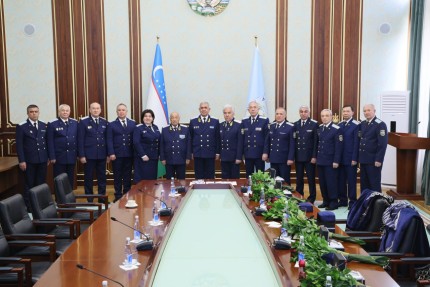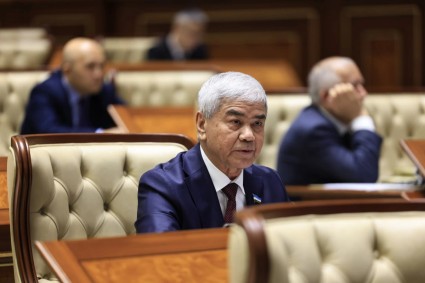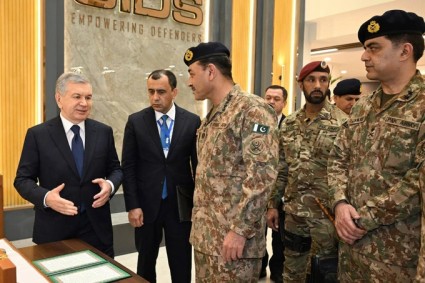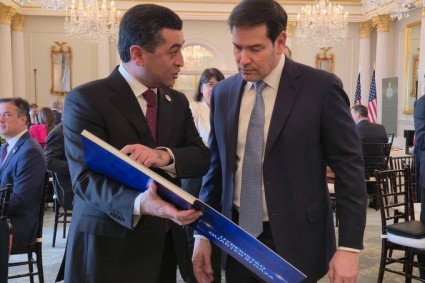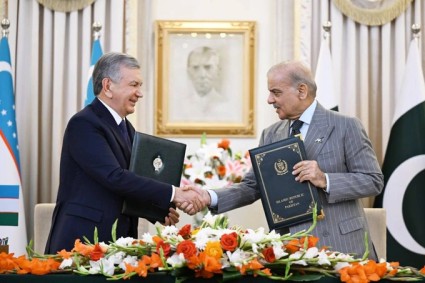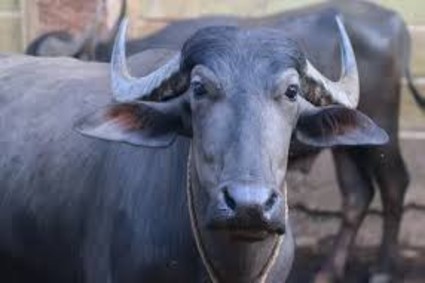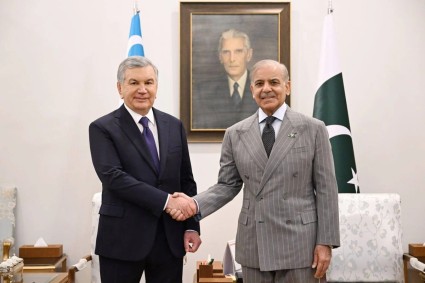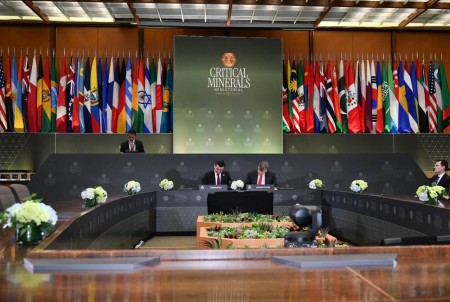The raft of reforms under way in Uzbekistan must invest in the promotion and protection of human rights, including freedom of religion or belief, a UN expert has concluded at the end of an official visit to the country.
“Religions or beliefs should not be seen as a threat to Uzbekistan, where many ethnic and religious communities live together peacefully,” said the Special Rapporteur on freedom of religion or belief, Ahmed Shaheed in a statement at the end of his 11-day visit.
“Resilience against religious extremism can be built on strengthening diversity as well as freedom of religion or belief.”
The Government should invest more in freedom of religion or belief in its ongoing reforms, to bring existing regulations more into line with international standards, he said.
“The rights to freedom of religion or belief cannot be sacrificed in preventing or countering violent extremism,” the Special Rapporteur cautioned. “This will further shrink rather than open up space as hoped for in the current reforms.”
Mr. Shaheed said the recent reform efforts by the country’s president could be a turning point in Uzbekistan’s development, if they were implemented systematically. But he noted that the country faced numerous human rights challenges, and would require sustained and transparent commitment to make enjoyment of the right to freedom of religion or belief a reality.
As well as focusing on legal reforms, the government needed to embrace an “operational” approach to human rights, including institutional and policy reforms, he added.
“Freedom of religion or belief requires widening the space for the freedom of association, peaceful assembly and expression, as well as strengthening the rule of law and guaranteeing the independence of the judiciary,” said Mr. Shaheed.
“While Uzbekistan is a secular State, freedom of conscience, thought, religion or belief is over-regulated, if not restricted, in the country. Religious communities can only function within the given limits of registration and the authorities tend to stay watchful of all religious activities.”
The Special Rapporteur continued: “The tradition of harmonious co-existence among diverse communities in Uzbekistan provides fertile ground for encouraging inter-religious communication and societal flourishing through the expression of the self-identity of every individual.”
“People should not have to activate auto self-censorship whenever they speak of religion or practice their faiths.”
Mr. Shaheed said he had seen good initiatives in youth education, especially in increasing religious literacy. “Literacy on freedom of religion is just as important and needs to be promoted simultaneously,” he noted.
During his mission, Mr. Shaheed met government officials and local authorities in Tashkent, Fergana, Bukhara, Nukus and Jaslyk Prison. He also held meetings with representatives of ethnic and religious or belief communities, civil society organizations, the diplomatic community and the UN.
The Special Rapporteur will present a report containing his conclusions and recommendations to the UN Human Rights Council in March 2018.


